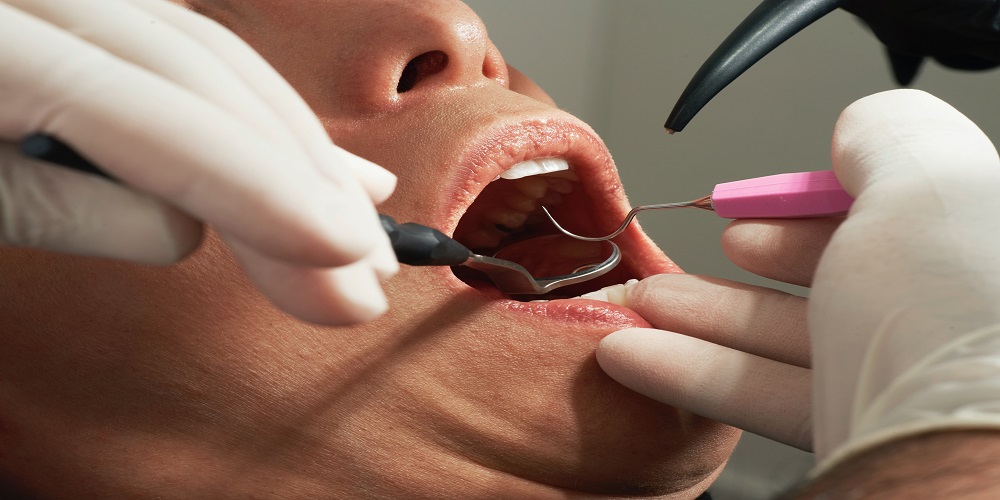Can a Dentist Help With Bad Breath?
Bad breath can be embarrassing, but it doesn’t have to ruin your day.
If you’ve noticed that your breath has become more offensive than usual, and if it interferes with your quality of life in any way (either physically or emotionally), then it’s time to talk to a dentist about what could be causing your bad breath.
Good news: they can help!

What is Bad Breath?
Bad breath is a common problem. It can be caused by poor oral hygiene, gum disease, dental cavities, and dry mouth. It’s also possible to have bad breath if you have sinusitis or other medical conditions that affect your sense of smell.
Bad breath can make you feel embarrassed when others are around you so it’s important to find out how to treat this condition quickly so that the problem doesn’t get worse over time!
What Causes Bad Breath?
You may be surprised to learn that there are many reasons why your mouth stinks. The main culprits are bacteria, food particles trapped in the mouth, and disease of the gums, teeth, or tonsils.
A dry mouth (xerostomia) is also a common contributor to bad breath—so is smoking, drinking alcohol, and taking medications.
Can a Dentist Help with Bad Breath?
A good dentist can help you with bad breath. They can diagnose the cause of your bad breath, which is most often an underlying medical condition that requires treatment by a specialist.
A dentist can treat the underlying medical problem and provide you with an oral hygiene regimen that reduces the likelihood of future bad breath episodes.
Dentists are trained in providing advice on how to prevent further problems from occurring in the future, so they may be able to suggest some lifestyle changes that could help keep your mouth fresh and healthy over time.
Make an Appointment at a Dental Clinic
If you suffer from bad breath, making an appointment with a dentist for a checkup can help you determine the cause of your symptoms and find a treatment that works. A dentist can:
- Test for Bad Breath: Your dentist will use a device called an odorometer to measure the level of bacteria in your mouth and determine if they are bothering you or not.
- Provide Treatment for Bad Breath: He or she might recommend brushing twice daily with toothpaste containing fluoride; gargling with salt water; chewing sugarless gum; expelling excess mucus from the body through exercise (such as running); using an antiseptic mouthwash (chlorhexidine), or using prescription medications like cetylpyridinium chloride gel strips applied directly over damaged gums before meals.
Verdict!
We can help you determine the cause of your symptoms and find the treatment that works best for your situation. If you have any questions about bad breath or a dental checkup, contact us today.


